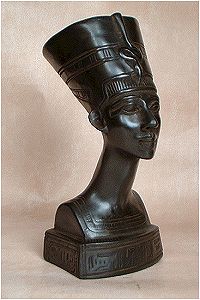
Nouvelles impressions d’Afrique is the antecedent (the “pretext,” in Morrison’s terminology) that deepened his reflection on imagined time and space. Raymond Roussel, creator of the most severe avant-garde method of composition, deconstructer of fiction in his Iliadic Locus Solus and Odyssean Impressions of Africa, went on to create an extreme poem, Further Impressions of Africa, in whose first line a parenthesis opens only to close along with half a dozen others in the poem’s final line. In Each all is parenthetical. The prose work is based not on Roussel’s poem but rather on the illustrations that the wealthy Frenchman commissioned to fill out a text for the printer. What is Each? An imagined travelogue; a piece of wit, filled like the Frenchman’s work with extreme paronomasia; the ramblings of an unreliable narrator, who answers Roussel’s extremity by extending the extremity of Revolution’s content. Relevant again is Cicero’s imagination of a space in which the orator moves from place to place, from object to object, where the subjects of his oration have been laid out in advance, thereby strengthening his memory and personalizing his discourse. Though the “pretext” for Each may lie in a cutting edge text by Roussel, the “subtext” of the book (another of MM’s terms) is Homer himself, who envisions his own Odyssey by mentally traveling through a familiar space.
The full text of Each
Each, Chapter 8 in Italian (PDF), from Anterem 84, "La contiguità alle cose"
Alexandra Sattler, "Seeing: An essay on Each"

St. Petersburg, Russia: The Working Week Press, 2000
Design, typography and cover illustration by MM